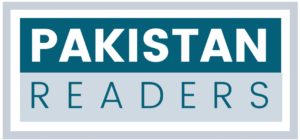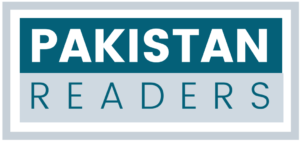Prime Minister Imran Khan said on Wednesday that the inflation ratio in Pakistan remained only 9 per cent during the current year while it increased up to 50 per cent in other countries.
“The media and the opposition need to analyse whether prices in the country increased due to domestic reasons or rather due to a global inflation,” he said while quoting the Global Commodity Index.
The premier added that the analysts need to maintain a balance in their analysis, given the exponential global inflation figures.
“Nonetheless, the government is striving to keep the prices under control and it is doing its bit.”
Admitting that inflation was proving to be a burden for the masses, PM Imran promised that the prices of commodities will decrease after winter.
Economic programme
He said that the federal and provincial governments combined are about to put forth an economic uplift program for the downtrodden people.
“We are offering a Rs120 billion subsidy programme to benefit 20 million families to enable them to buy the essential commodities of ghee,m flour and flour from any of their local shops during the next six months.”
This, he added, will help them pass the difficult time, until the prices across the global decrease.
“What can I say about the opposition as criticism is all what they are supposed to do but I urge the media to analyse the situation properly,” he said.
Through the said relief package, the masses will be able to avail a 30 per cent discount on the three essential commodities from any of their local shops.
The Ehsaas programmes, he added, running separately amount to Rs260 billion.
According to PM Imran, a total of 130 million people, which makes 53 per cent of the population, will benefit from the economic programme.
Petrol prices
The prime minister said that the price of petrol will have to be increased further due to the global rise in prices.
“If we don’t increase the price of petrol, the debt on the country will continue to increase,” he said, adding, “Oil prices globally increased by up to 100 per cent.”
To substantiate his point, PM Imran quoted the price of petrol in the neighbouring countries, specially India and Bangladesh, where he said petrol is available for Rs250 per litre and Rs200 per litre, respectively.
Kamyab Pakistan programme
“Under the Kamyab Pakistan programme, Rs1,400 billion have been set aside for 4 million families to provide them interest-free loans.”
The programme is based on helping the families build their homes while it would also help each farmer invest Rs0.5 million on their land.
It would also help provide skill training to one member of every family and ensure a livelihood for them.
“An associated programme is Kamyam Jawan Programme, under which Rs30 billion have already been provided for 22,000 small businesses and skill training to 0.2 million people.”
“It includes 6 million scholarships and school stipends amounting to Rs47 billion,” he said and added that it is the biggest scholarship programme in the country’s history.
The premier promised to provide health insurance to every family in Pakistan. “The programme is already underway in Khyber-Pakhtunkhwa whereas every family in Punjab will have the health cards until March next year.”
“We are, at the moment, working on bringing the programme to the rest of the country,” he maintained.
The premier appealed to business owners in the construction sector to increase wages of labourers, following a boom in the industry due to the government’s economic policy.
Premier Imran thanked Saudi Arabia, the United Arab Emirates (UAE) and China for extending a helping hand to Pakistan in difficult economic circumstances.
He also congratulated the Ehsaas Programme team, whom he said had put immense efforts in gathering data of the deserving families from across the country, so the government could help them out financially.
Covid-19 pandemic
PM Imran reiterated that Pakistan adopted the right policies to emerge successful from the Covid-19 pandemic.
“The decisions of the NCOC are laudable, along with the prudent policy of the government to keep business and trade open,” he remarked.














